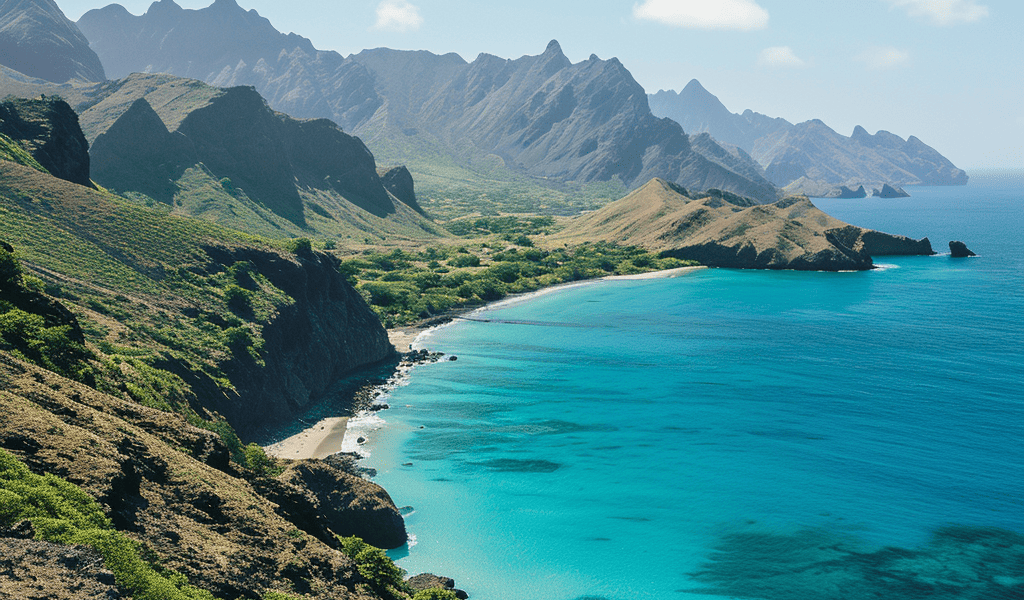Cape Verde, a small island nation off the coast of West Africa, has achieved a significant milestone by being declared malaria-free for the first time in 50 years. The World Health Organization (WHO) granted this status to Cape Verde as it has not reported a single case of local transmission in three years, marking a major achievement in the fight against malaria.
Malaria is a devastating disease in Africa, causing 95% of fatalities worldwide in 2022, with 580,000 deaths reported. The disease is caused by a complex parasite spread by mosquito bites. While vaccines are being utilized in some regions, disease monitoring and mosquito bite prevention remain the most effective methods to combat malaria.
Cape Verde’s journey to becoming malaria-free involved strengthening its health systems, increasing access to diagnosis and treatment, and implementing effective surveillance measures to detect and control cases early, as well as managing mosquitoes. The country’s plan for malaria control also provides free care and diagnostic services for international travelers and migrants, aiming to prevent imported cases from mainland Africa.
Dr. Filomena Gonçalves, Cape Verde’s Health Minister, emphasized the collective effort behind this success, attributing it to the hard work and dedication of health professionals, collaborators, communities, and international partners. WHO Africa office’s Dr. Dorothy Achu Fosah expressed excitement and satisfaction with the results, highlighting the country’s achievement in eliminating malaria.
Cape Verde’s accomplishment serves as a model for other small countries in Africa, demonstrating that containment and elimination strategies can be successful. Despite once detecting malaria on all of its nine inhabited islands, the country focused its final efforts on Sáo Tiago, where the disease was last found. The island nation’s success is also attributed to its archipelago structure, enabling easier mapping of affected areas and disease transfer analysis compared to continuous land masses.
While countries with highly mobile populations face challenges in eradicating malaria, Cape Verde’s achievement instills hope for a malaria-free world, as stated by WHO Director General Dr. Tedros Adhanom Ghebreyesus. This significant milestone reflects the potential of existing and new tools, including vaccines, in the global fight against malaria.





